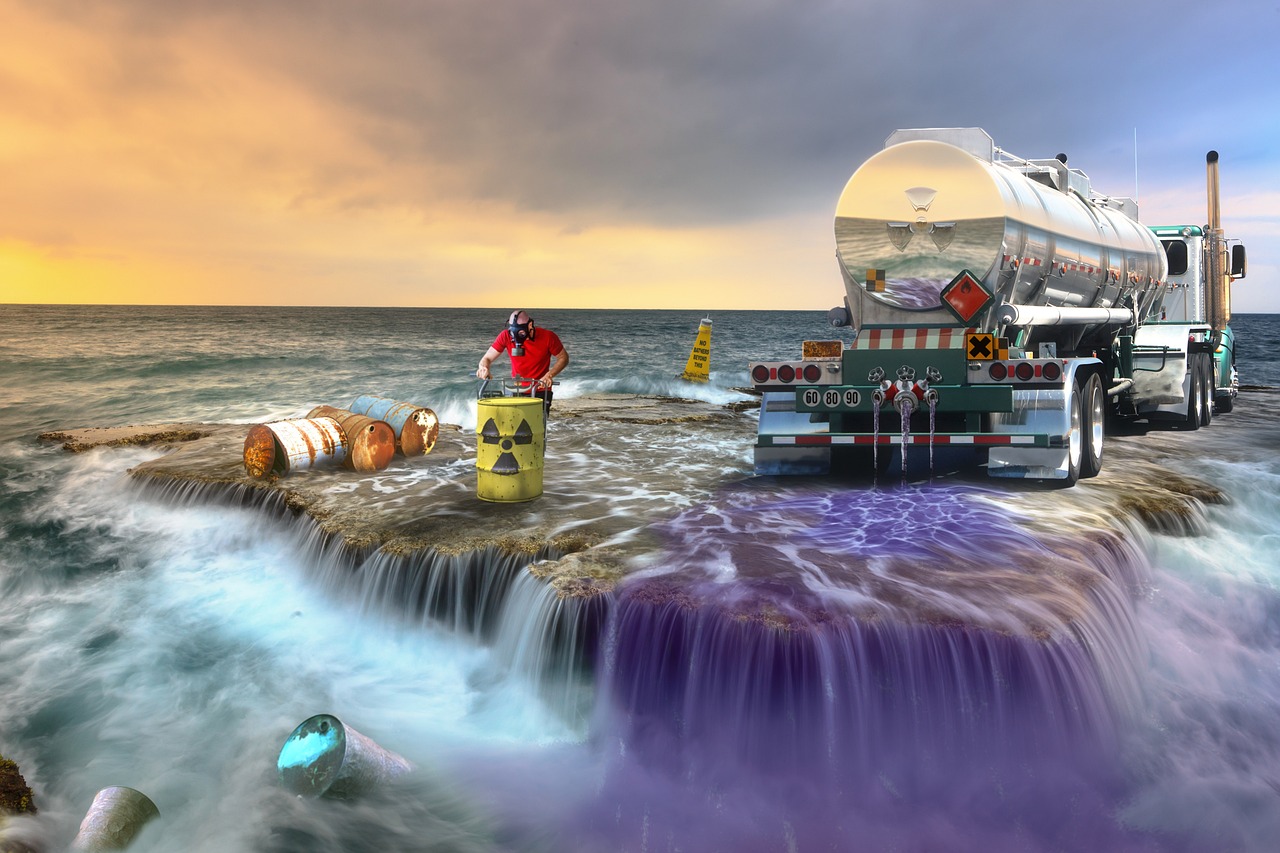Industries are a major contributor to environmental pollution, with their activities leading to the release of harmful pollutants into the air, water, and soil. These pollutants can cause serious harm to the health of both people and the environment, leading to a range of negative consequences such as climate change, acid rain, and the loss of biodiversity.

In this article, we will explore the different ways in which industries pollute the environment and what can be done to mitigate their impact.
Table of Contents
ToggleAir Pollution
Air pollution is one of the most significant environmental problems caused by industries. The burning of fossil fuels by factories and power plants releases large amounts of carbon dioxide, nitrogen oxides, and other harmful gases into the air. These gases contribute to the greenhouse effect, causing the Earth’s temperature to rise, and leading to the melting of polar ice caps and the rise of sea levels.
In addition to greenhouse gases, industries also emit other air pollutants such as particulate matter and sulfur dioxide. Particulate matter, also known as soot, can cause respiratory problems and heart disease, while sulfur dioxide can cause acid rain, which can damage crops, forests, and bodies of water.
Water Pollution
Water pollution is another major issue caused by industries. The release of toxic chemicals and waste into rivers, lakes, and oceans can have serious consequences for the health of both people and the environment. For example, contaminated water can harm fish and other aquatic life, disrupt the food chain, and lead to the spread of disease.
Industrial waste, such as chemicals and sewage, can also contaminate groundwater, which is the source of drinking water for many communities. The presence of toxic chemicals in drinking water can lead to serious health problems, including birth defects, cancer, and other diseases.
Soil Pollution
Soil pollution is also a major concern for the environment, as industries can release harmful chemicals into the soil, which can then be absorbed by plants and crops. This can lead to the contamination of food, which in turn can harm human health. In addition, soil pollution can also lead to the destruction of ecosystems and the loss of biodiversity.
The dumping of hazardous waste on land, such as chemicals and radioactive materials, can also lead to soil pollution. This waste can seep into the soil, contaminating it and making it unsafe for use.
Mitigating the Impact of Industrial Pollution
There are several measures that can be taken to mitigate the impact of industrial pollution on the environment. One of the most effective ways to reduce air pollution is by investing in clean energy sources, such as wind and solar power. This will help to reduce the amount of greenhouse gases released into the air, as well as other harmful pollutants.
Another way to reduce water pollution is by properly managing industrial waste. This can involve the treatment of waste before it is released into bodies of water, or the implementation of systems to capture and reuse waste.
In addition, industries can also implement best practices for soil management, such as properly disposing of hazardous waste, using sustainable agriculture practices, and reducing the use of harmful chemicals.
Conclusion:
Industries play a significant role in environmental pollution, with their activities leading to the release of harmful pollutants into the air, water, and soil. However, there are measures that can be taken to mitigate their impact, including investing in clean energy, properly managing industrial waste, and implementing best practices for soil management. By taking these steps, we can work to reduce the negative impact of industrial pollution on the environment and protect the health of both people and the planet.








1 thought on “How Industries Pollute the Environment?”
Pingback: The Sources and Consequences of Soil Pollution